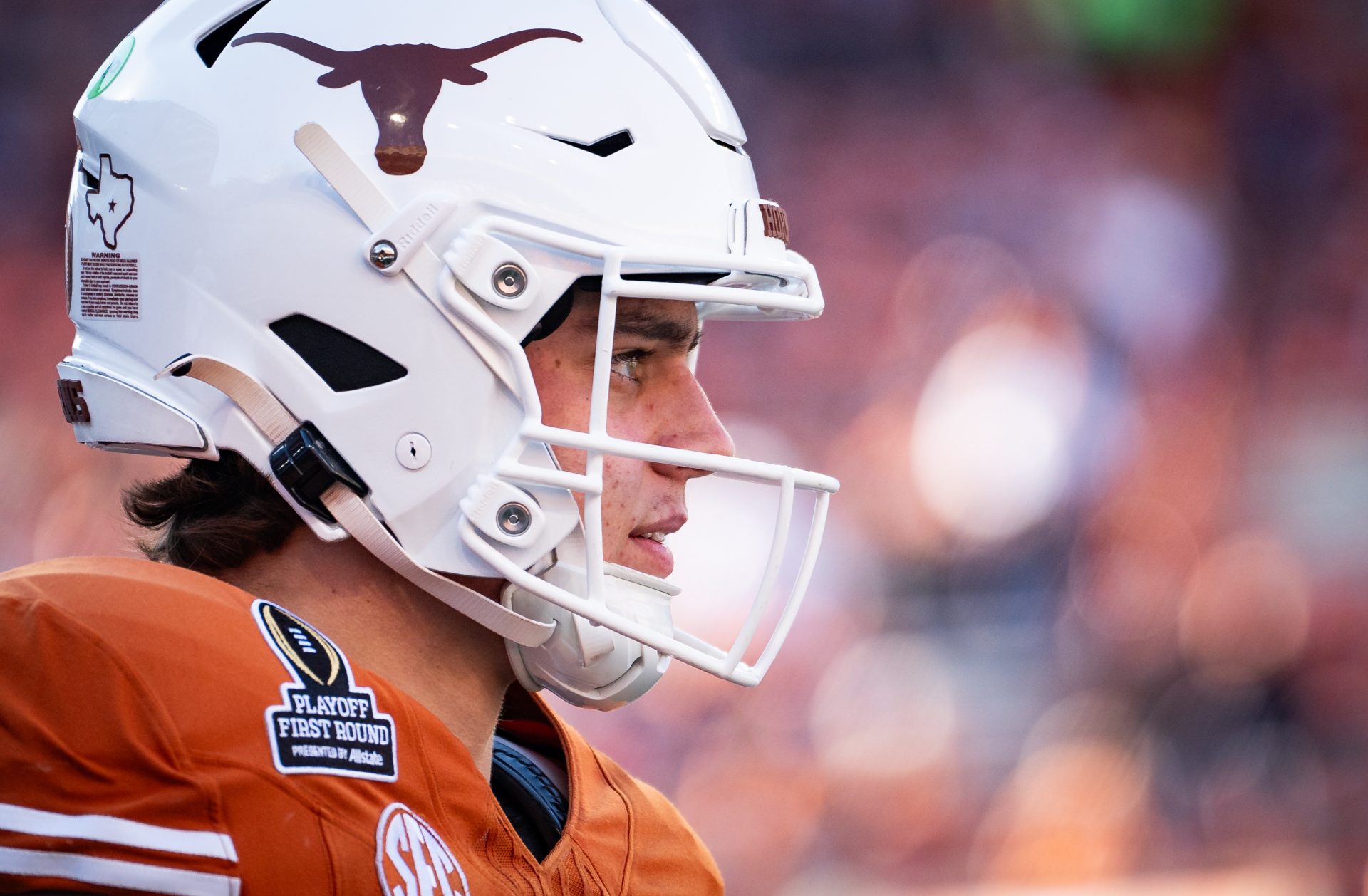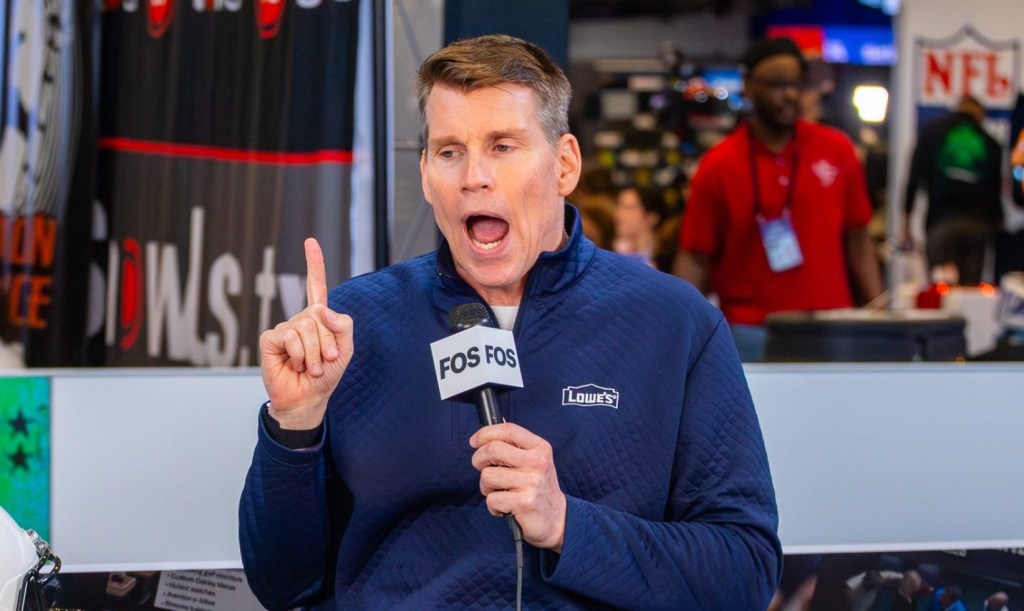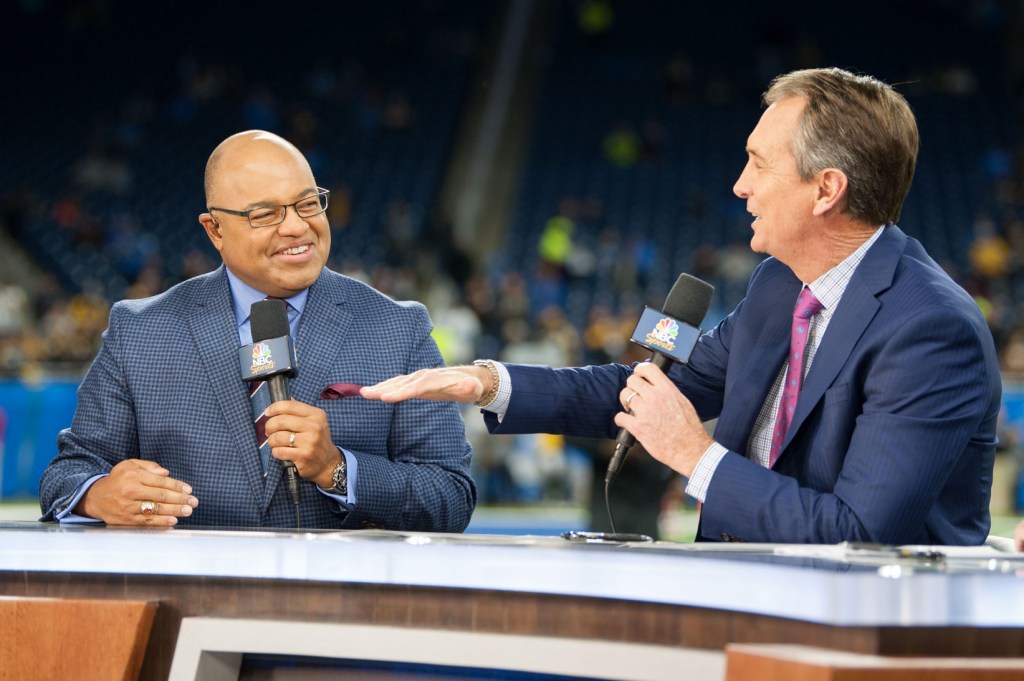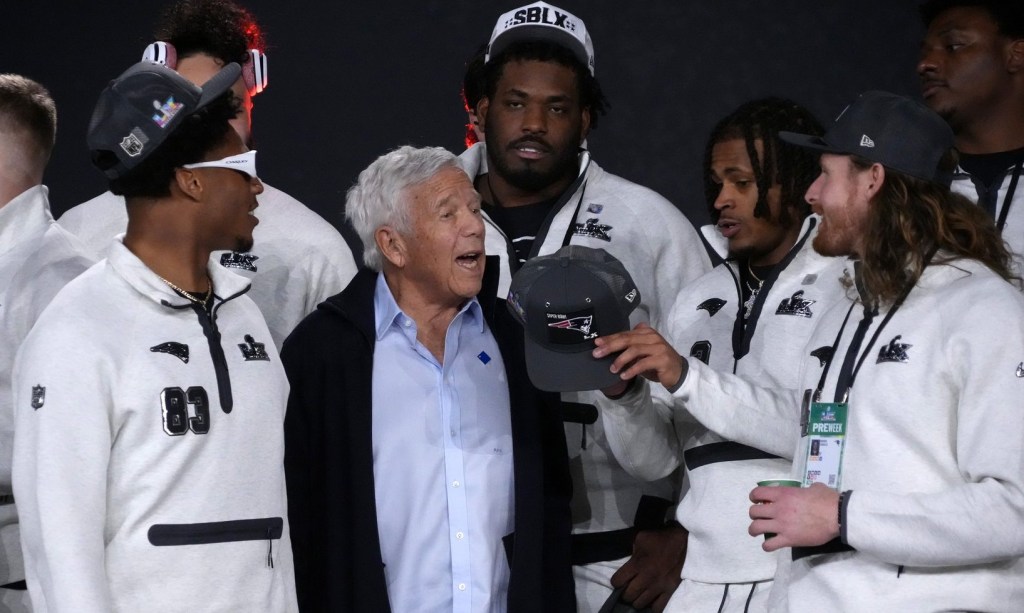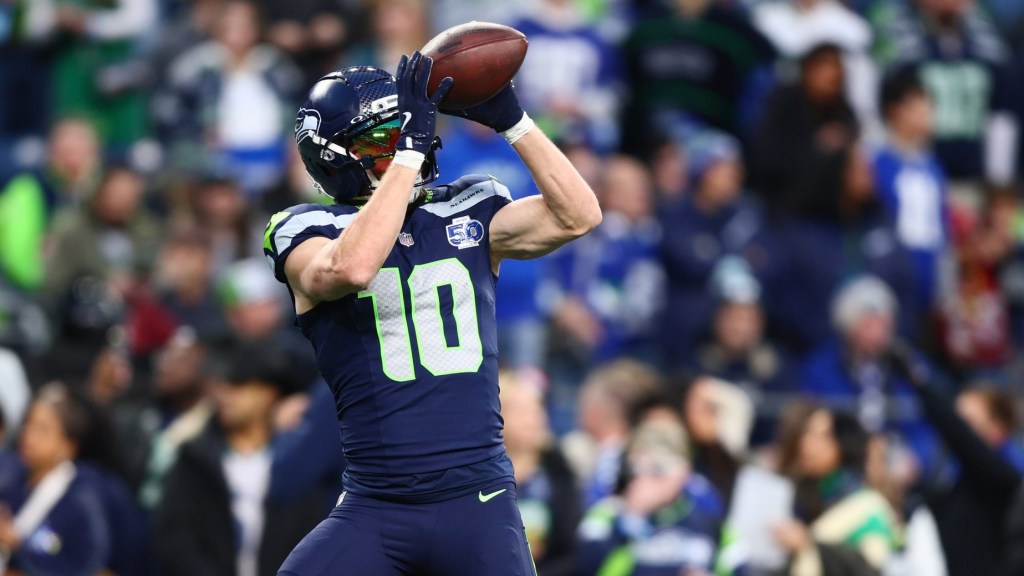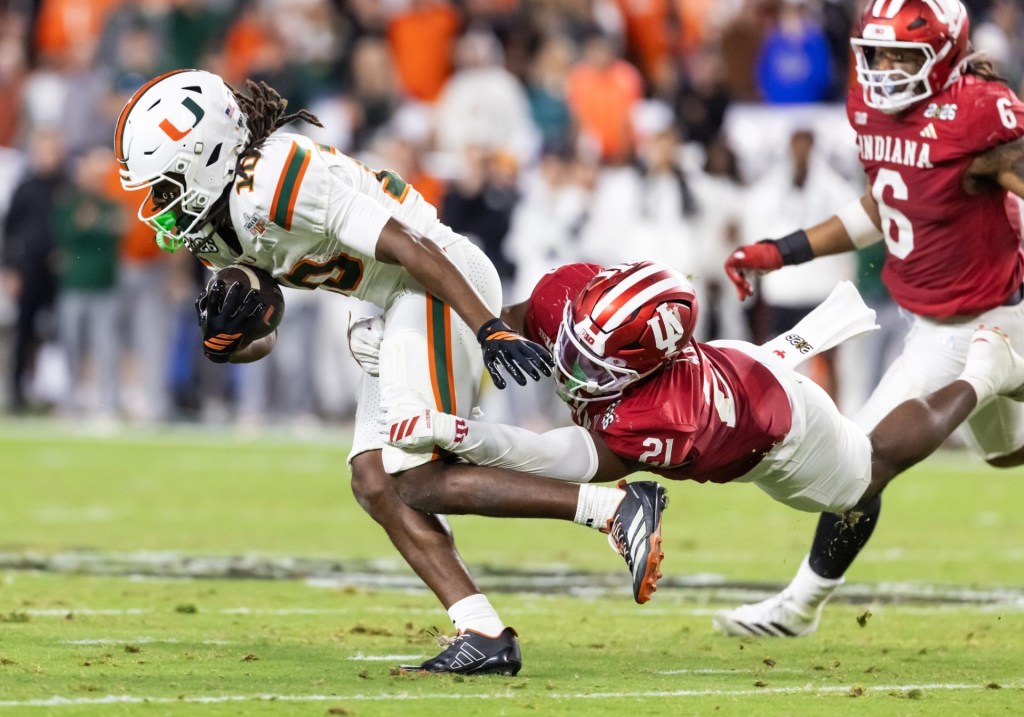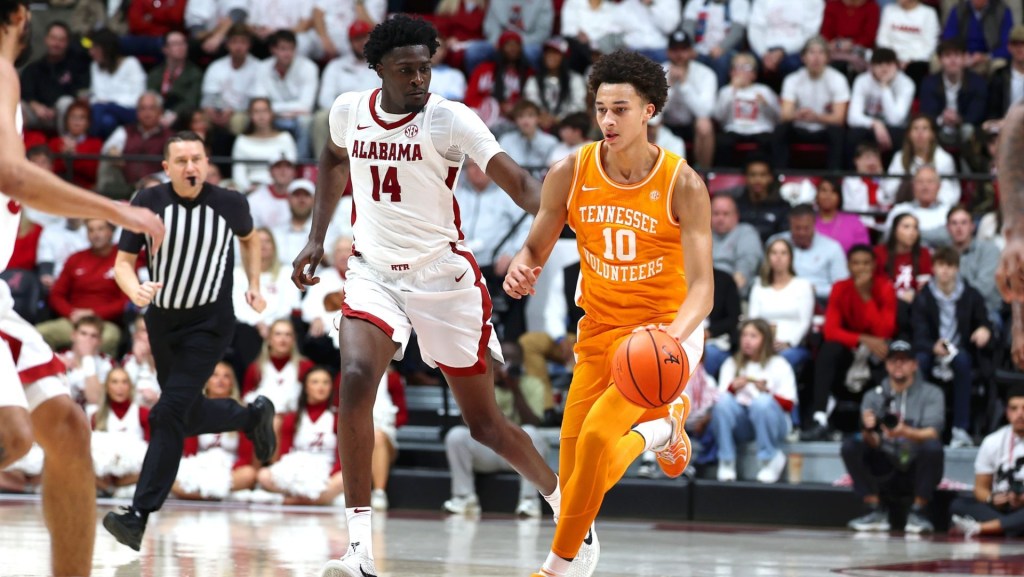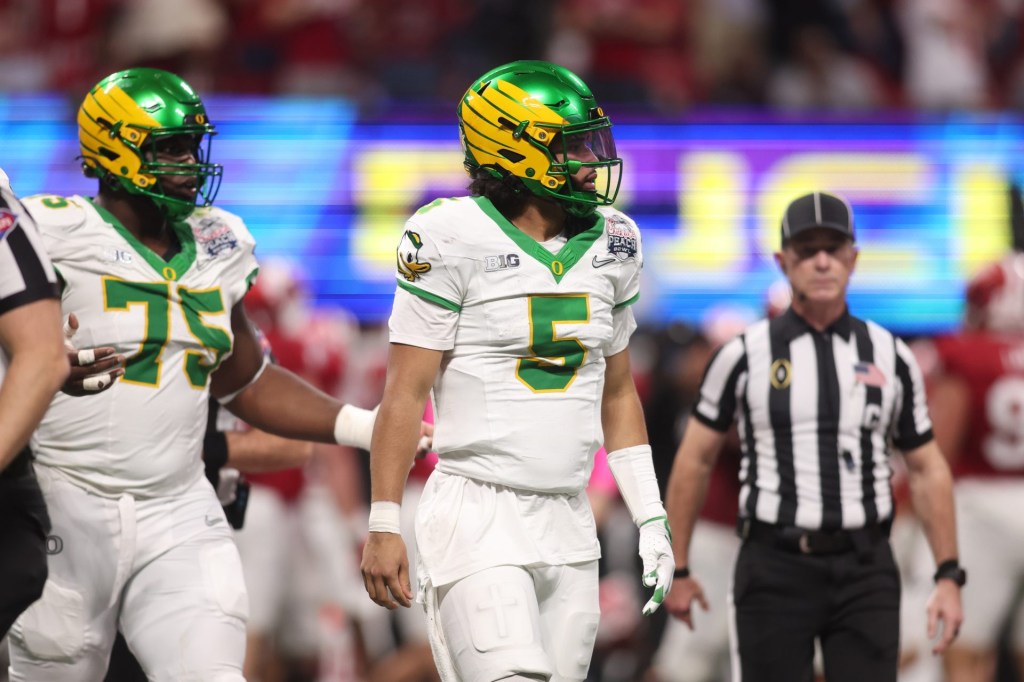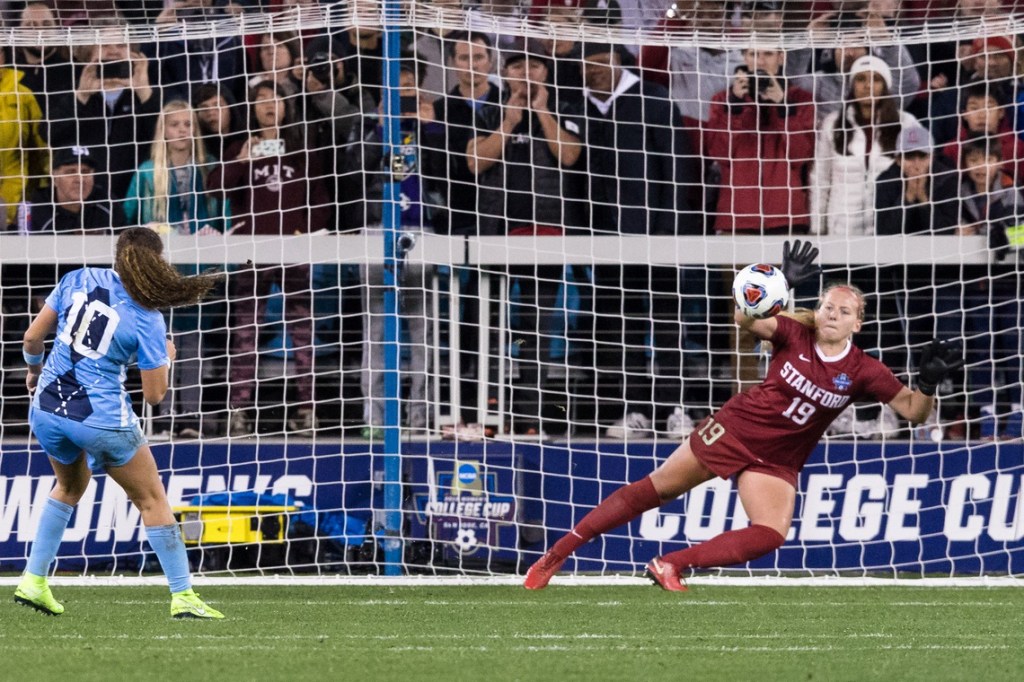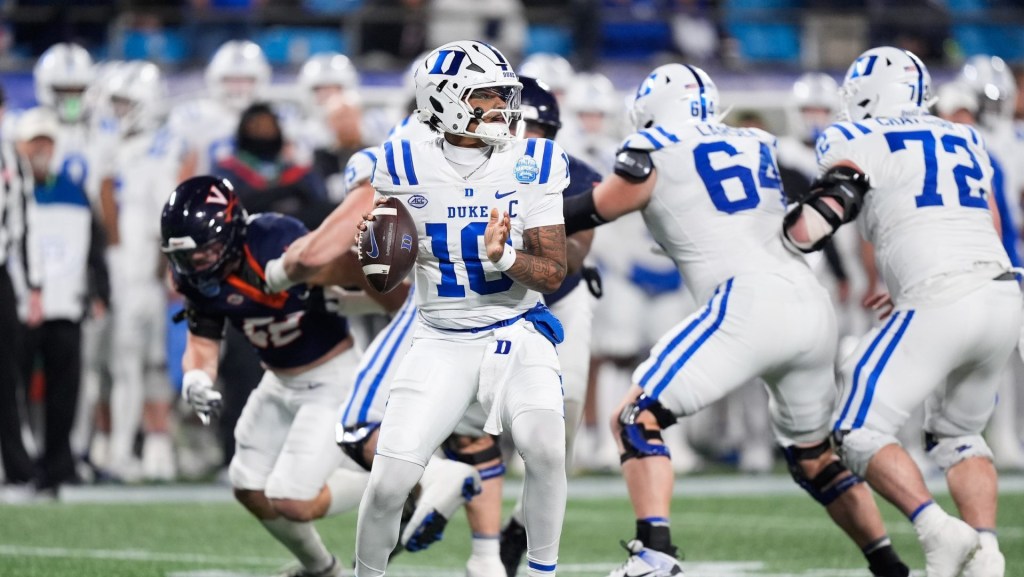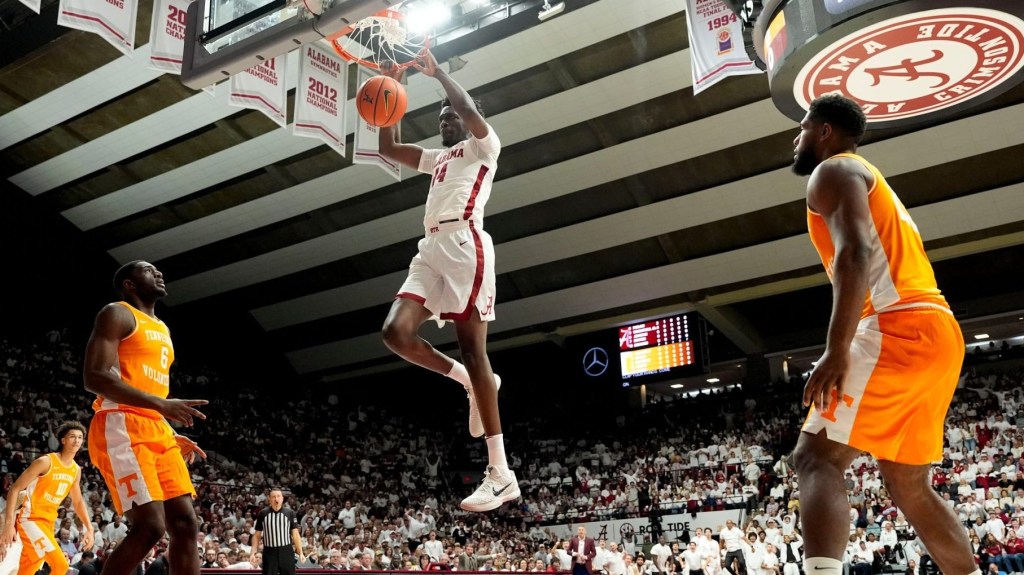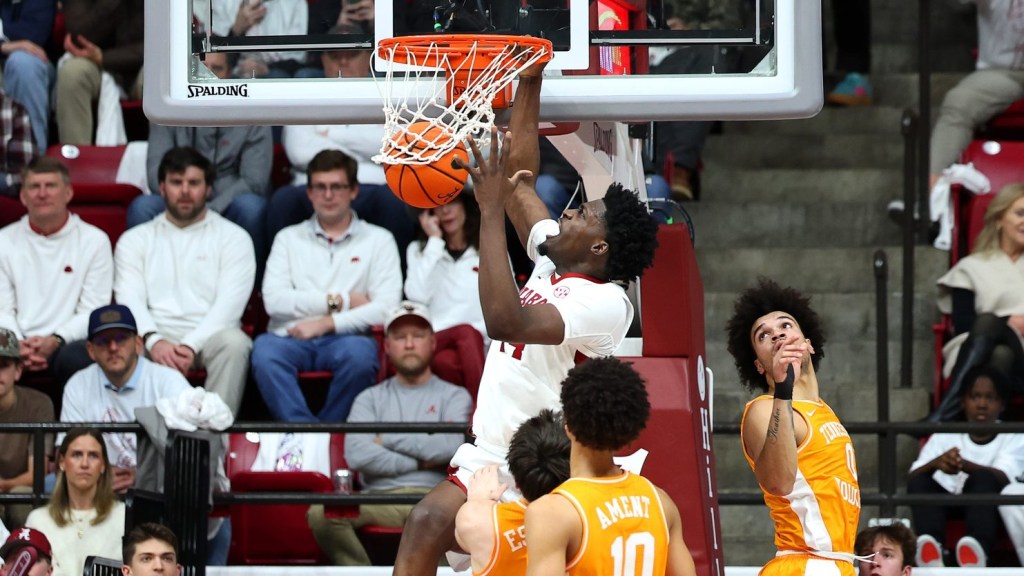In June, sports consultancy firm Elevate and two unnamed schools inked the first athletic-department private-equity deals. But no firm has landed a deal since, as schools are largely hesitant to allow private equity into their individual athletic departments.
Some are uncomfortable with bringing private capital into an educational setting, and they would prefer to opt for more traditional revenue streams. Others believe the money isn’t worth the risk of handing over control to private-equity business moguls or getting stuck owing money they can’t repay. (The hesitancy largely extends to the conference level, where the Big Ten is the only power league actively pursuing private-equity offers.)
For the richest power conference schools, the concept of allowing a private-equity firm to buy an ownership stake in an athletic department “doesn’t make any sense” at this point, one school source tells Front Office Sports. The source also notes the mission of a private-equity firm doesn’t align with that of a university, even a nine-figure athletic department. It’s a “small amount of money for an enormous amount of the control.”
Northwestern athletic director Mark Jackson told FOS his program has been “approached” with private-equity offers. “We’re not in a position to explore that right now, nor do we want to,” he says. “Fortunately, the way we’re resourced here—a lot to do with our connection to the Big Ten—puts us in a good position where there’s not a lot of need for us to look outside as an institution individually for outside funding.”
The wealthiest programs are also disinterested in the type of “private credit” deal that doesn’t give a firm an ownership stake, the source says.
In May 2024, RedBird Capital Partners and Weatherford Capital launched Collegiate Athletic Solutions (CAS), a private-equity venture that would infuse between $50 million and $200 million in capital to a given athletic department in exchange for a potential return on investment, rather than an ownership stake. If schools don’t make a certain amount of revenue from the investment, neither firm would expect a return.
But a year later, CAS hasn’t announced any deals.
“I think the reason why people have been slow to do anything is they didn’t know 100% whether or not the House case was going to pass,” Weatherford Capital founder Drew Weatherford told FOS in July. “The likelihood of it passing [was] increasing—but it wasn’t a guarantee.” He explained that, as they waited, schools exhausted all avenues to find more traditional revenue streams, like state or institutional support.
The appeal likely increases for lesser-funded athletic departments looking for cash infusions to help them compete at a higher level. After all, with the top power conference schools raking in more than ever, and many Division I programs taking on costs associated with the House v. NCAA settlement, running a successful athletic department has never been more expensive. (Schools that opted in to the settlement will now cough up $20.5 million each for revenue-sharing with players, as well as extra scholarship money.)
Weatherford says there’s been renewed interest from schools across the board since the settlement was finalized, however, and that conversations are “underway.” He didn’t put a timeline on if or when a deal would materialize. He adds he’s spoken with athletic departments across D-I with various budgets.
One school to keep an eye on: Boise State, which launched an athletic department arm partially aimed at exploring private capital. Athletic director Jeramiah Dickey told FOS in June that the Broncos were about six months out from some sort of private-capital investment. But he noted the deal may not be a traditional private-equity ownership stake structure, either.
“Ultimately, I need to create more assets for my institution and state,” Dickey said. Because the athletic department doesn’t earn as much money as some others, “I have to get that much more creative, which means I have to take that much more risk—and appropriately so.”
Editors’ note: RedBird IMI, of which RedBird Capital Partners is a joint venture partner, is the majority owner of Front Office Sports.
—Colin Salao contributed reporting.
